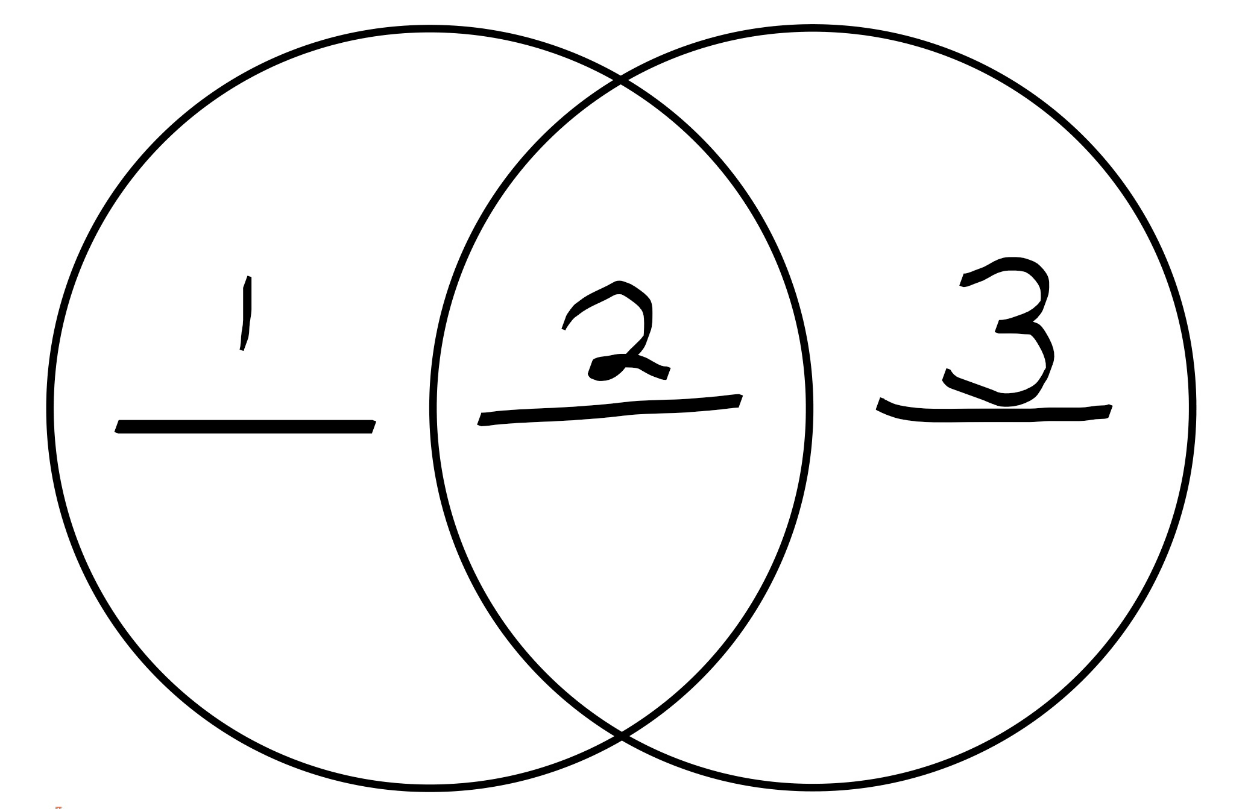True or False:
There is only one correct way to be mindful in a situation.
False
What are the two sections of skills in distress tolerance?
Crisis survival skills
Radical acceptance skills
What does DBT stand for?
Dialectical Behavior Therapy
Name a situation where you could practice mindfulness. How would you approach this situation mindfully?
ANYTHING as long as you explain how you are using the mindfulness skills.
True or False:
DT skills are a different type of skill than other coping skills
True, they are crisis skills not necessarily coping skills.
Explain a situation where wise mind could have been helpful?
Any situation, as long as you incorporate the balance between emotion and logic in your thinking.
Identify the three areas below:
Rational mind, wise mind, emotional mind
Identify three of the ACCEPTS skills
Activities, Contribution, Comparison, Opposite, Emotion, Pushing away, Thoughts, Sensation/Self-soothe.
Who can benefit from DBT skills?
Everyone!
Mindfulness is separated into two categories. What are they?
What skills and how skills.
In the Pro/Con skill, what are the four variables you assess?
The good (pro) and bad (con) of doing or not doing a behavior.
What are the four modules of DBT?
Mindfulness
Distress Tolerance
Emotion Regulation
Interpersonal Effectiveness
Name the what skills and how skills of mindfulness. There are 6 total.
Observe, describe, participate, nonjudgmental stance, one mindfully, effectively.
What is and isn't radical acceptance?
It is NOT:
Giving up, agreeing with the way things are, approving of or liking the situation, weakness, failure.
What does the term dialectical mean?
Two opposing ideas can both be true at the same time